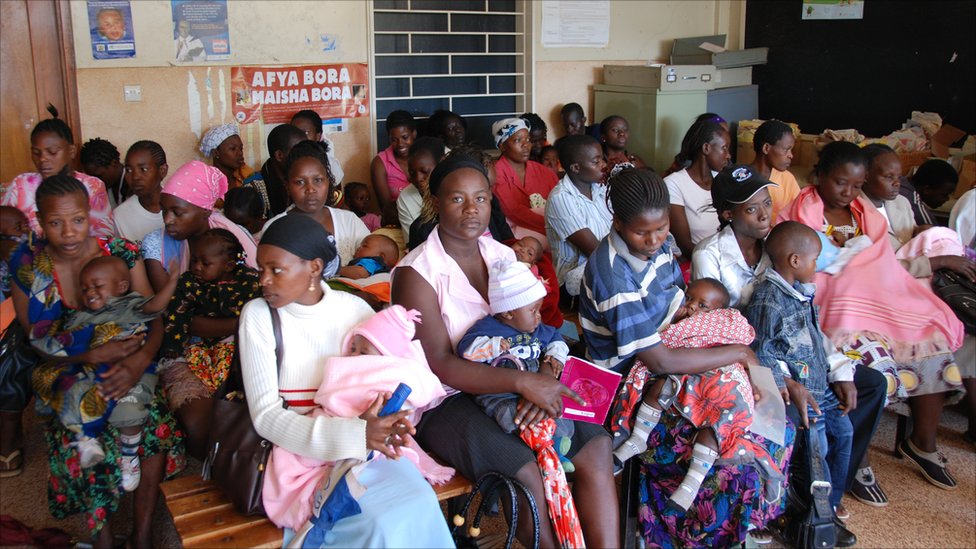
Depression in women – part 2
Last week I started on depression that women experience after childbirth, known as post-partum depression which researchers tell us affects about 1 in every 10 new mothers.
For many mothers this presents with among many other symptoms; a feeling of great fatigue, unbearable sadness, an inability to bond with the baby and may lead to a mother feeling totally incapable of taking care of the baby and the baby can be severely neglected.
The cause of postpartum is not clear. However, there are some situations that increase the likelihood of it occurring:
1- a history of mental health problems during pregnancy
2- having no close family or friends to support you
3- a poor relationship with your partner
4- recent stressful life events, such as a bereavement
5- experiencing the “baby blues”
I am fortunate not to have experienced full blown postpartum depression but I do know what ‘baby blues’ are like. The postpartum baby blues starts about 2-3 days after giving birth and lasts about two weeks. I am not surprised that this is a precursor to full blown depression as I know what is it like….
Being in my early 30’s when I first got pregnant, I would be considered an old first-time mum. I could not have been more ready to be a mother. My pregnancy was easy, I put on plenty of weight and everything seemed fine.
But sometimes life reads the plans we have laid out for ourselves and then laughs and rips them up.
My pregnancy was two weeks overdue and though the baby and I seemed fine, the doctors decided not to take chances. So my labour was induced. Kenya women say they got ‘maji ya uchungu’, loosely translated to mean ‘the waters of pain’ – when they have an induced labour. I can only say that, one day a woman will find a word that will find its place in the dictionary to describe that pain – in the meantime, there is no point trying to explain it.
In about 5 hours, the midwife advised me to have epidural anaesthesia – injecting anaesthesia in the back – which made me numb to the pain, which was a relief. In another 2 hours, the midwife says….
‘You will need another 6-7 hours to fully dilate to let the baby out and the baby is already in distress. Your baby will not survive if you attempt a natural birth. We have got everything in place now, please sign these forms and we are going to theatre’
Suddenly, everything felt urgent. I was wheeled into theatre very quickly and had an emergency Caeserian Section.
When I was handed the baby, everything seemed Ok. I started to breastfeed him. When the paediatrician came for the next round, they said the baby was not doing well and needed to be in the intensive care unit.
I was determined to breastfed but the only way I could do this was by expressing milk and feeding it to him through a tube popping from his nose that went into his stomach.
With my CS wounds, I was waddling to the lift to go to the lower floors to the milking machine. Expressing milk just after giving birth is a nightmare. My breasts felt like bags of stone and there is very little colostrum (the first thick yellow milk after birth). There I was in this room with an electric machine, making pretty much the same noise as those machines we milk cows with – feeling very lost.
I was told my baby’s blood was too thick and needed diluting. I did not watch the procedure so I don’t know how it was but I felt sorry for the little thing. I would watch him as he lay in the incubator. This tiny little baby – that I was now responsible for. I felt overwhelmed.
I could not help inwardly blaming myself for the fate of my baby.
I wondered what I had done wrong? My baby was only 2.6kg when he was born. I wondered if I had eaten the wrong things. Why was I so large and the baby so small?
I wanted so much to be at home. I had my first baby at the John Radcliffe hospital in Oxford. It was winter and I kept turning the heating in my room up and the nurses kept turning it down and opening the windows when they came in.
Above all, I just wanted my mother.
On the third day, I remember just crying and crying. Some friends came to visit and I was just crying the whole time.
My baby was in the special unit for 10 days. I left the hospital emotionally and physically exhausted.
However, I was very lucky.
Once I got to our house and rested as much as was possible, I felt a whole lot better.
I did not realise how lucky I was to get over those baby blues, because there are many women who continue into the blues for weeks and months and can sink into serious clinical depression.
A new mother can return from hospital to a warm welcome but be unable to cope with depression. It’s extremely hard when you appear to have everything, to suffer serious depression. People have less empathy and can’t understand why you can’t pull yourself together. But many people are unaware of this, not knowing just how common post partum depression is.
As I wrote in the last blog, postpartum depression is more common in African women. And I can see how that is the case.
If a new mother is at the end of her tither with baby blues and then goes home to a situation where : her partner is abusive or alcoholic, she is the sole breadwinner of other children and has to immediately start thinking of where their next meal was coming from, she has an unwanted child and there is no family to support her.
The Nairobi study I mentioned last week found that women who were poorer and with less social support were more likely to suffer from post-partum depression.
Postpartum depression in Nairobi
However, there is an opportunity in our health system in Kenya to spot post-partum depression and do something about it.
Vaccine coverage in Kenya is on average over 80% and in most places in the country, over 90% of the mothers will take their children for vaccination.
After birth BCG, the next immunisations are at week 6 post-birth – at which point a mother who is still showing signs of depression requires some intervention.
When women bring their babies for immunisation, they have to sit through talks by nurses at the mother and child clinics (MCH) about the value of vaccinations, the food they should eat to stay healthy. They are a number of health tips provided at each visit.
It would not be difficult for another small chat to be added about how to spot post-partum depression. Mothers should be made aware of a place/person to speak to about such issues, they will be a step in the right direction.
For some mothers, just knowing that what they are going through is common, will go a great way in helping them to cope. To be provided with a person to talk to would enable many women to seek help.
The study in Kariobangi showed that mothers with postpartum depression are less likely to exclusively breastfeed their children. So providing mothers with counselling is not just of value to the mothers but the children as well.
Consider the lives that have been saved in Africa by the use of HIV counselling, how much more should money be poured into counselling for new mothers to prevent escalation of post partum depression and provide babies with a healthy environment in which they shall thrive.
Comments
-
-
Mary
This post comes at a time when I’m coming to terms with the passing on of my 19 days old son… Just when I was getting excited of being a mother of two
-
Comments are closed.
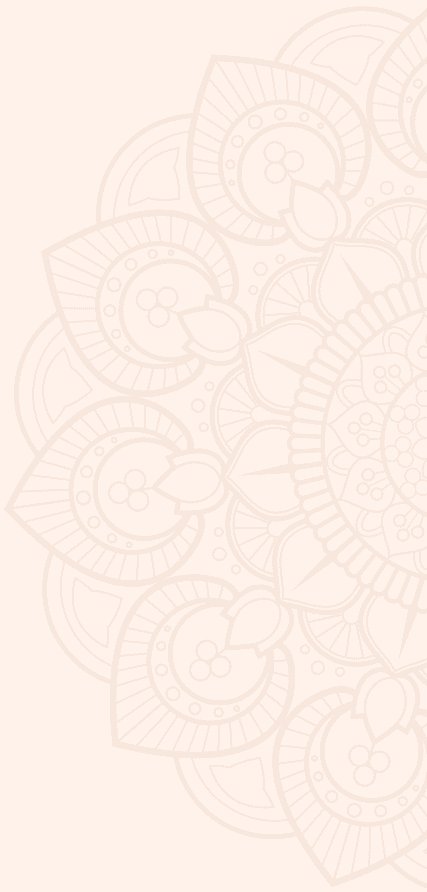

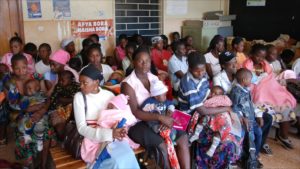
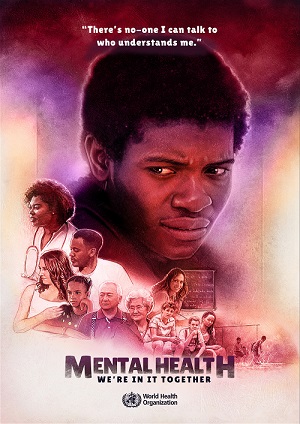
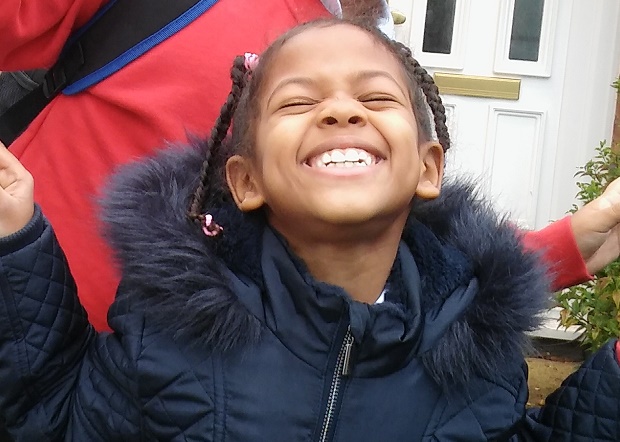
Liz
Well written Tabs